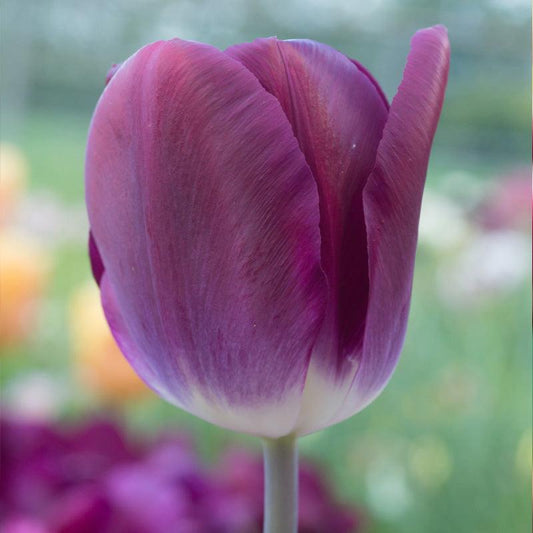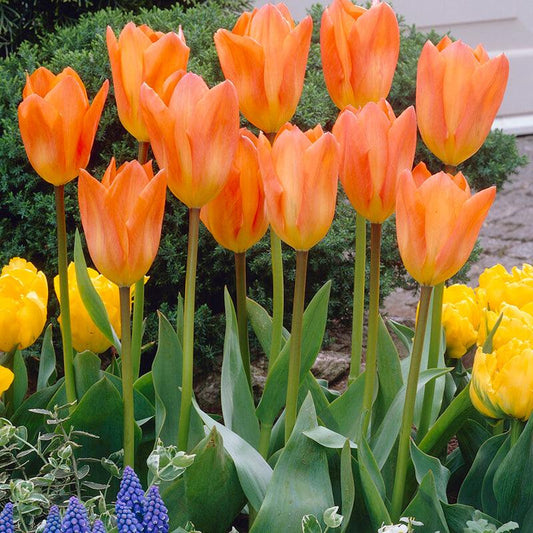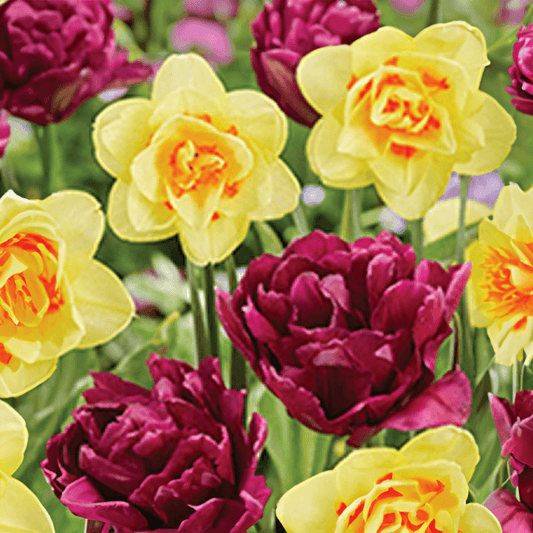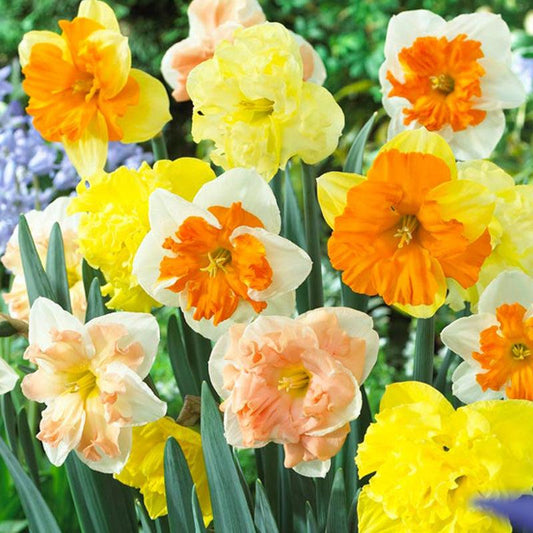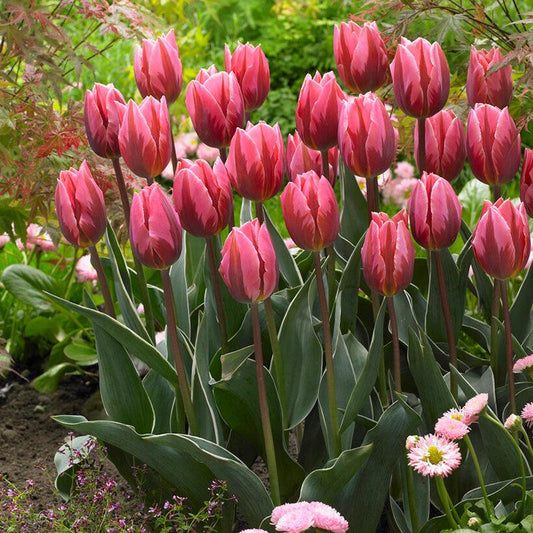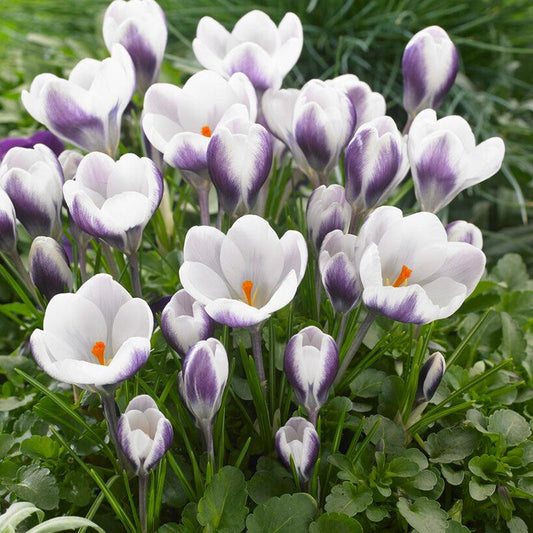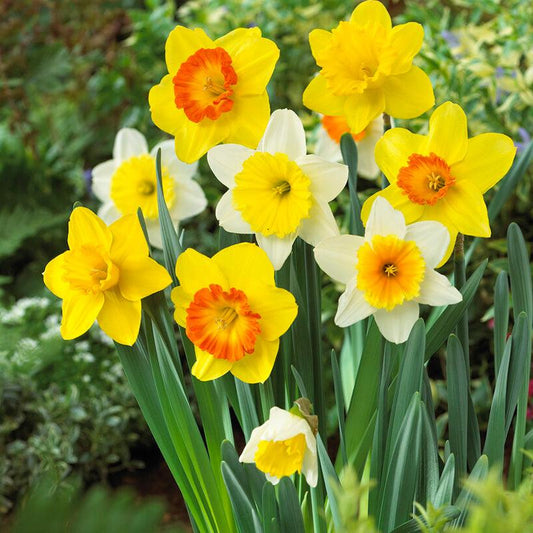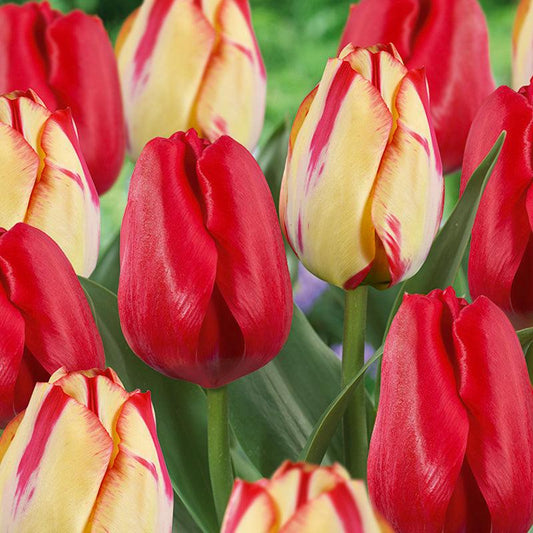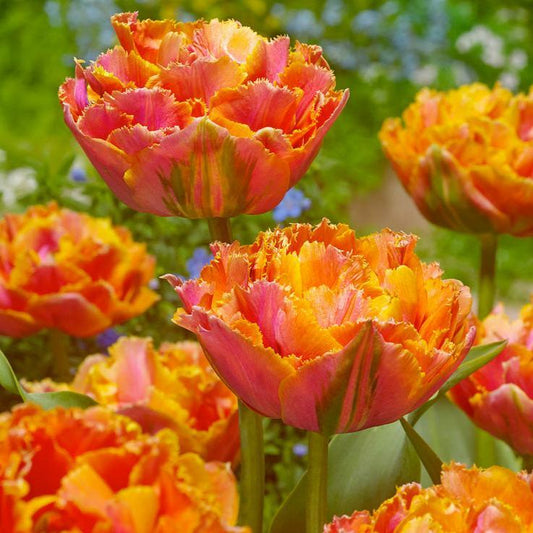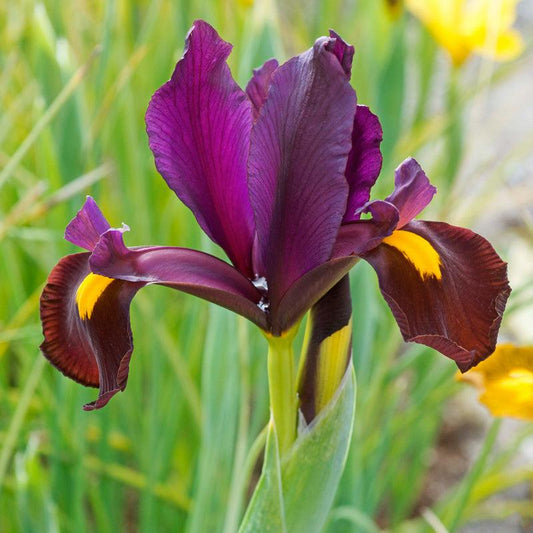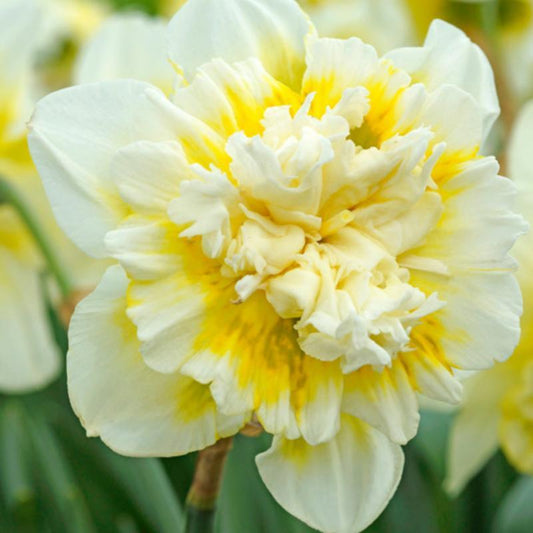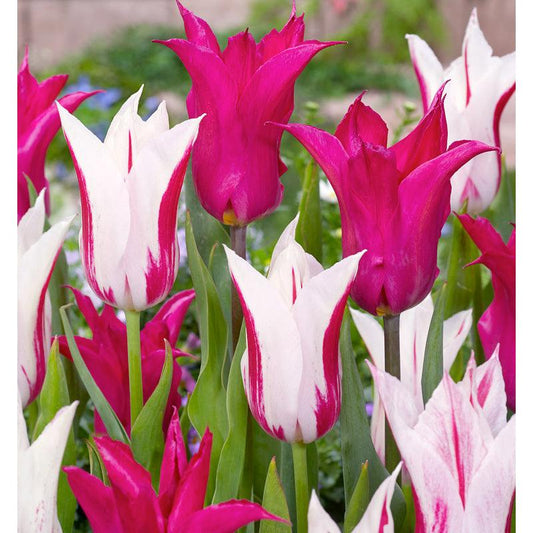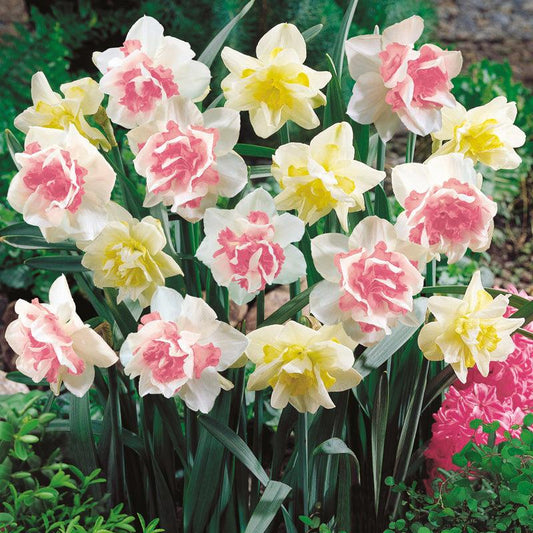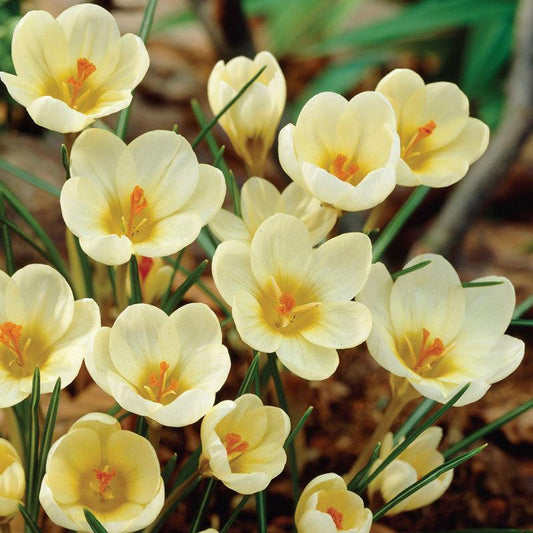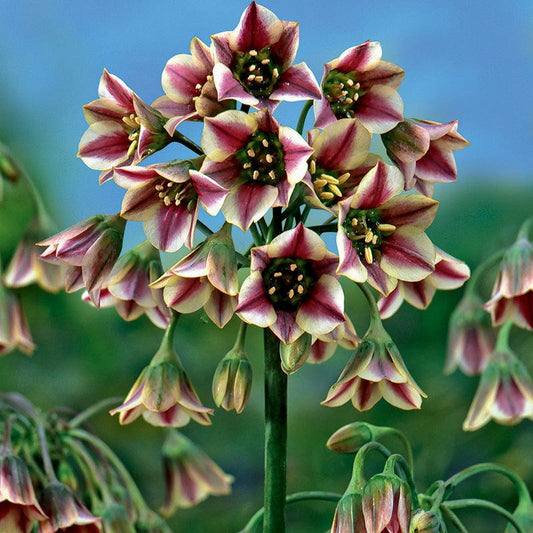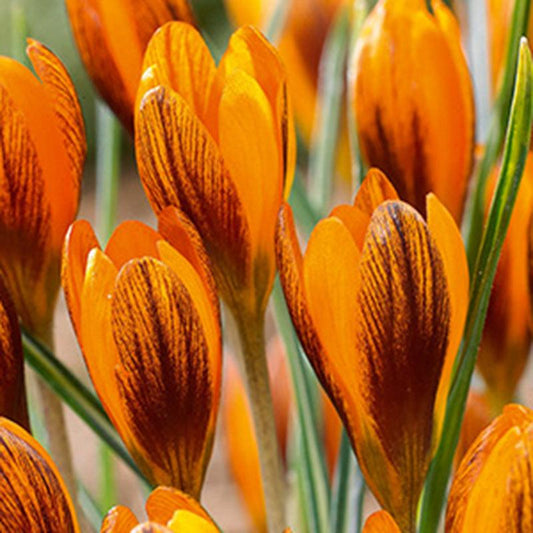
Fall-planted flower bulbs are nature's way of ensuring a colorful and vibrant spring garden. These bulbs, carefully planted in the autumn months, lay dormant through the winter, only to burst forth with a riot of colors and fragrances when spring arrives.
Varieties of Fall-Planted Flower Bulbs
One of the most appealing aspects of fall-planted flower bulbs is the sheer variety of species and cultivars available. Gardeners can choose from various bulbs, each offering unique colors, shapes, and fragrances. Some popular varieties include:
-
Tulips: Known for their iconic cup-shaped flowers, tulips come in a vast array of colors, from classic red and yellow to exotic purples and pinks. Their blooms add a touch of elegance to any garden.
-
Daffodils (Narcissus): These cheerful yellow or white flowers are a sure sign that spring has arrived. Daffodils come in various shapes, including trumpet-shaped and multi-petaled varieties, providing a versatile choice for gardeners.
-
Crocuses: Crocuses are among the earliest spring bloomers, often poking their colorful heads through the snow. They are available in shades of purple, white, and yellow, bringing a pop of color to the garden.
-
Hyacinths: Known for their intense fragrance, hyacinths produce spikes of densely packed flowers in shades of blue, pink, white, and lavender. Their sweet scent perfumes the air.
-
Alliums: These unique bulbs produce spherical clusters of small, star-shaped flowers. Alliums are available in various sizes and colors, making them a striking addition to any garden.
-
Fritillaries: Fritillaries are characterized by their bell-shaped, pendulous flowers and checkerboard patterns. They come in various species and colors, including the iconic Snake's Head Fritillary.
Planting Tips for Fall-Planted Flower Bulbs
While fall-planted flower bulbs are relatively easy to grow, there are some essential tips to ensure a successful display of spring blooms:
-
Choose the Right Location: Select a well-drained location with plenty of sunlight. Most bulbs prefer full sun to thrive.
-
Plant at the Right Depth: The rule of thumb is to plant bulbs at a depth approximately three times their height. This ensures that they receive the necessary insulation and protection during the winter.
-
Spacing: Allow enough space between bulbs to ensure good air circulation. This prevents diseases and allows each plant to receive adequate nutrients.
-
Watering: Water bulbs well after planting to settle the soil and stimulate root growth. In most cases, bulbs do not require much water during their dormancy.
-
Fertilization: Mix in a balanced, slow-release fertilizer to provide essential nutrients when planting. Avoid excessive nitrogen, which can promote foliage growth at the expense of flowers.
-
Mulch: Applying a layer of mulch over the planted area helps regulate soil temperature and moisture levels, protecting the bulbs during winter.
-
Protection from Pests: Bulbs are susceptible to pests like rodents and deer. Use protective measures, such as wire mesh or deer repellents, to safeguard your bulbs.
The Joy of Spring Blooms
Planting fall bulbs is a delightful anticipation of the vibrant spring garden to come. As the days grow longer and warmer, these dormant beauties awaken from their winter slumber. Seeing colorful blooms emerging from the earth brings immeasurable joy to garden enthusiasts and nature lovers alike.
Fall-planted flower bulbs offer a captivating and rewarding gardening experience. With a wide variety of species to choose from and simple planting guidelines to follow, these bulbs provide a burst of color and beauty that transforms any garden into a breathtaking spring oasis. Whether you are a seasoned gardener or a novice, fall-planted flower bulbs are a must-have addition to your garden, promising a vibrant and enchanting springtime display.
Check out our Flower Bulb Growing Guide for more information.
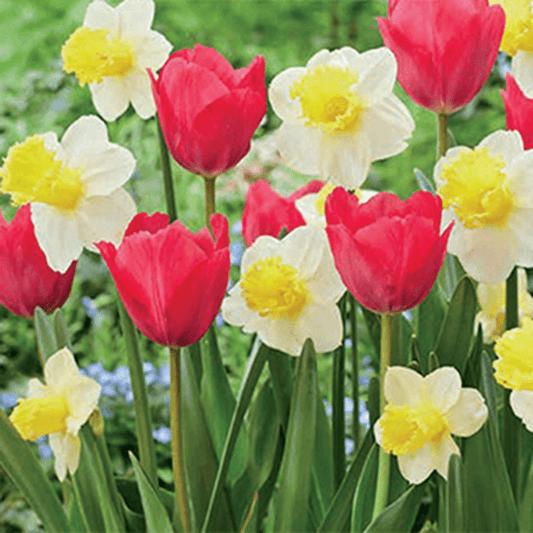 Sold out
Sold out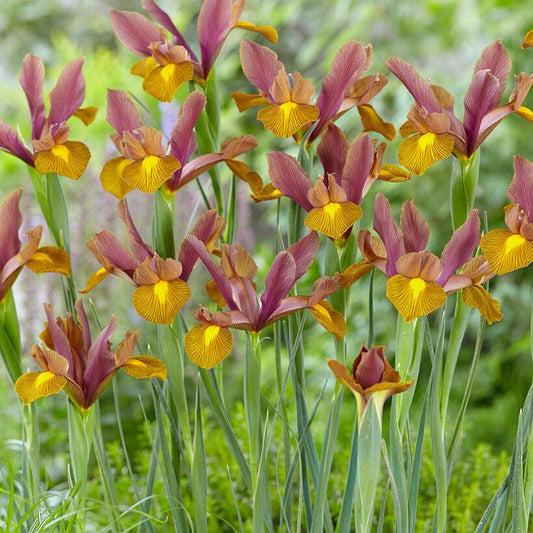 Sold out
Sold out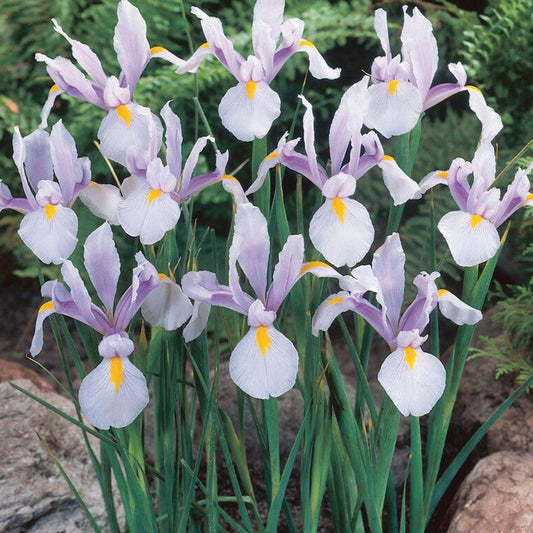 Sold out
Sold out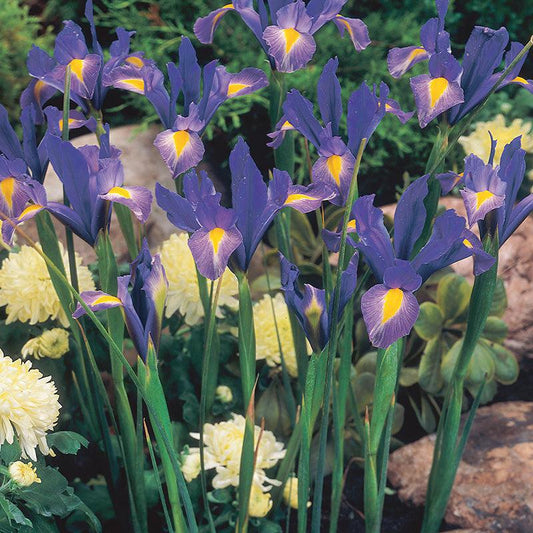 Sold out
Sold out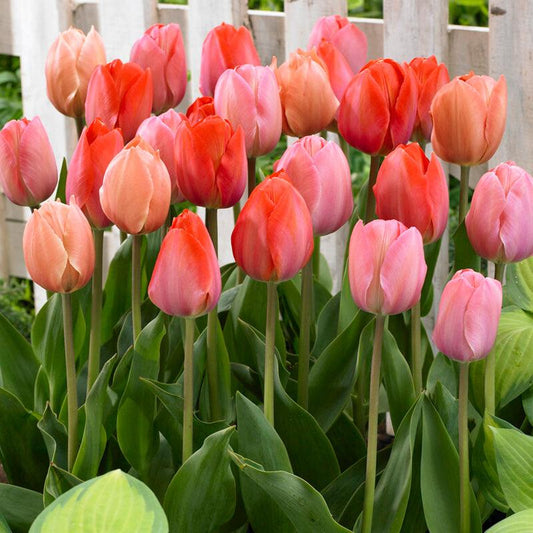 Sold out
Sold out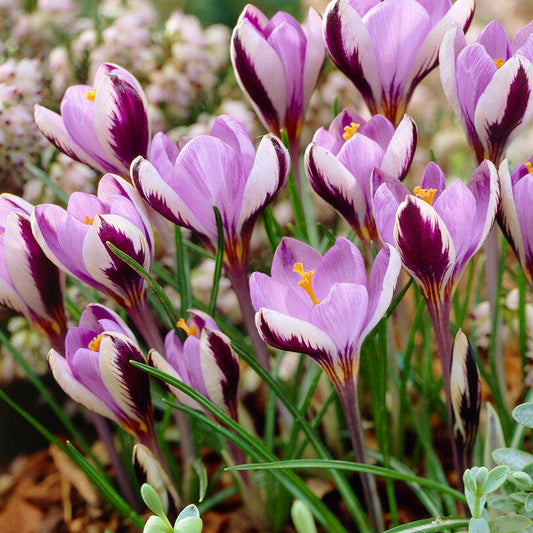 Sold out
Sold out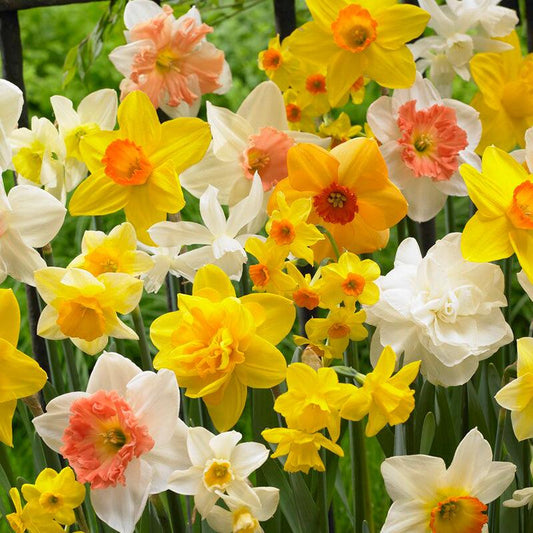 Sold out
Sold out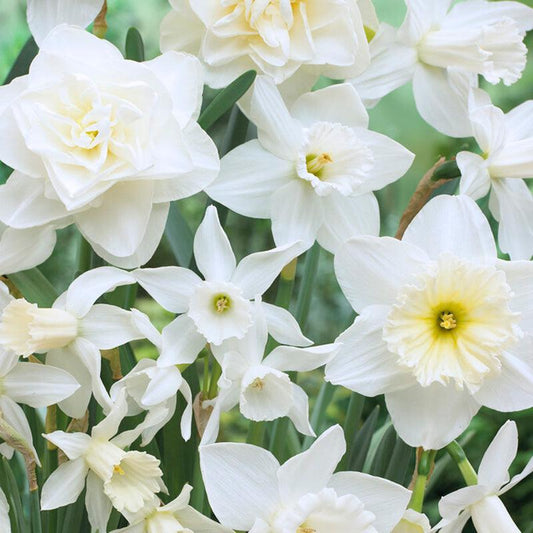 Sold out
Sold out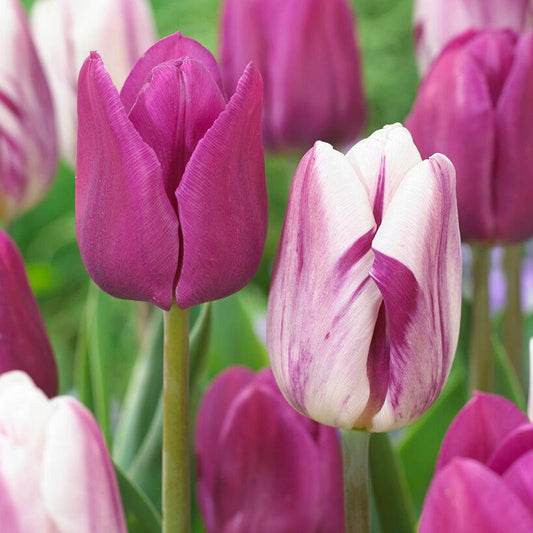 Sold out
Sold out Sold out
Sold out Sold out
Sold out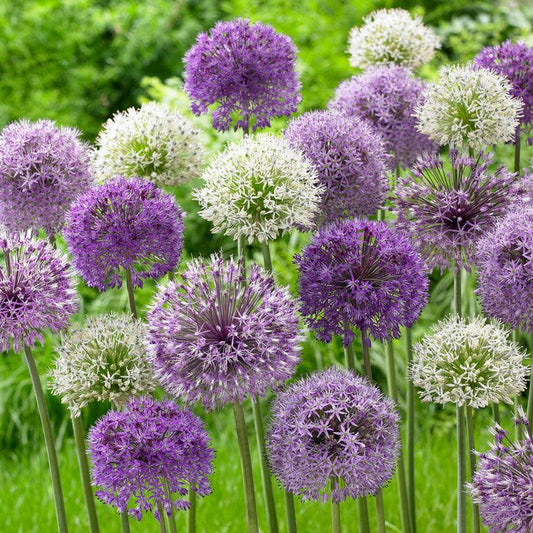 Sold out
Sold out

